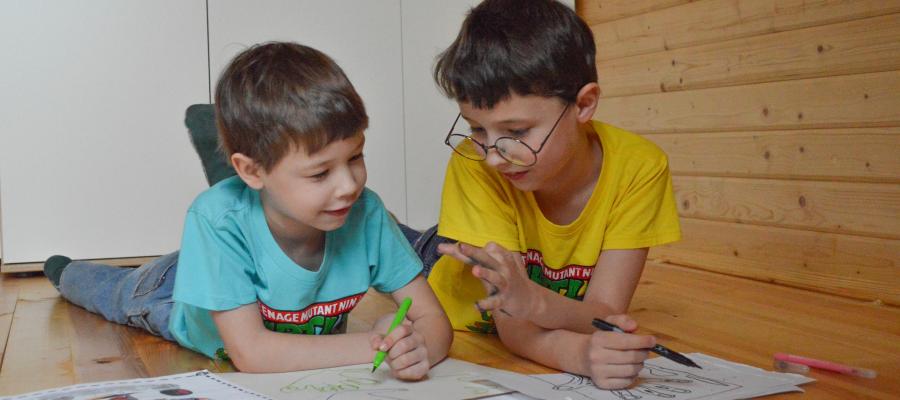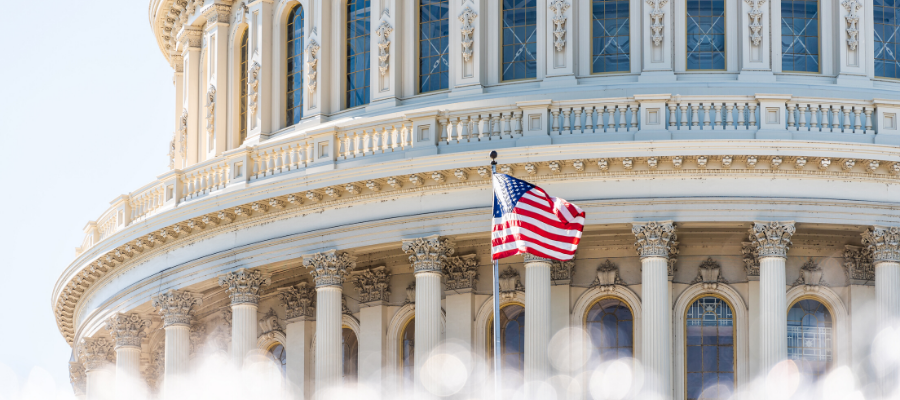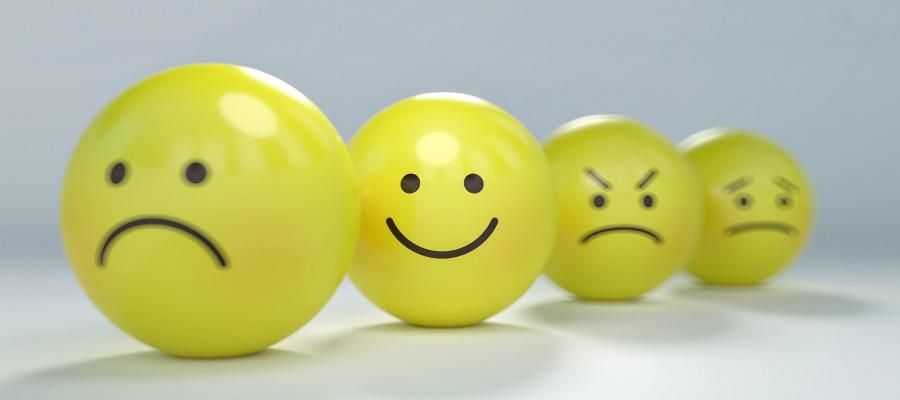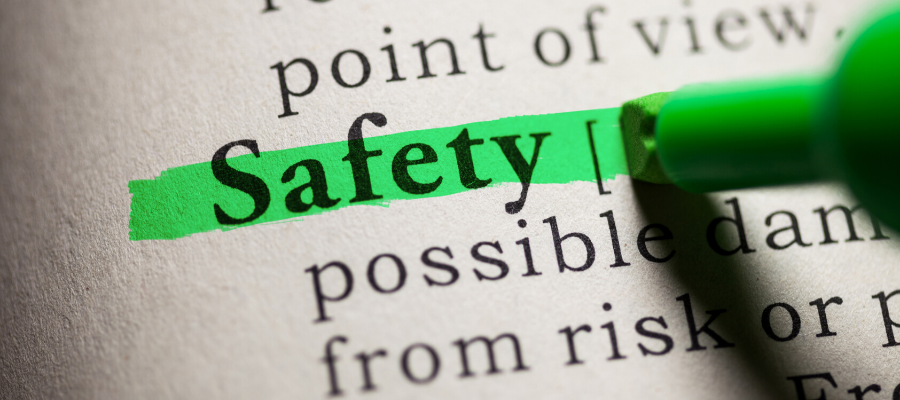Science and Pseudo-science
19
Mar 2010
One can imagine a kind of sceptic being put off by this way of setting up the episode. For one might think that the question of separating science from pseudo-science is really a political question in disguise. And by that we don't mean to buy into the stereotype that, for example, Democrats like science, because they're in favor of evolution, and Republicans like pseudo-science, because they're in favor of creation science. That's not what we mean at all. To see what we mean, suppose that some devotee of a so-called pseudo-science asks, “Who are...
Read more#FrancisOnFilm: What is a Documentary?
25
Jan 2017
Is it a film that records (i.e. “documents”) events? Re-tells them? Or shapes them? Sundance is a film festival renowned for its documentaries and this year is no exception. Documentaries don’t always obtain widespread public distribution, although some at Sundance later appear on PBS, Netflix, or other outlets. Already, I’ve seen at least three documentaries that I hope are widely seen by general audiences. One of these is Al Gore in An Inconvenient Sequel: Truth to Power, being distributed by Paramount. Two others are Joshua: Teenager vs. Superpower and Icarus—both now Netflix...
Read moreDoing Good, Effectively
26
Aug 2022
This week we’re questioning Effective Altruism. That’s Peter Singer’s idea that you should do the most good you can, and you should figure out what that is by doing your homework and choosing the best way to give. For example, you shouldn’t just give some random person $10; you should go online and figure out how many people you can help with that money, and give it to them. Or better yet, give more than $10—maybe 10% of your annual income. After all, if you’re a good utilitarian you think everyone counts the same—including yourself! So there’s no reason you should be drinking $5 lattes when...
Read moreChildren as a Philosophical Problem
17
Nov 2006
Tomorrow (Sunday November 19, 2006) Ken and I will discuss children with Tamar Schapiro. Children certainly pose a lot of problems -- but are they philosophical? Coincidentally I gave a few lectures on John Stuart Mill's great little book On Liberty recently to Stanford frosh. In thinking about that book one philosophical problem about children comes up, for Mill thinks the central principle of liberty he argues for in the book does not apply to children. In the Introductory chapter of his essay On Liberty John Stuart Mill states, as the...
Read moreThe Doomsday Doctrine
05
Aug 2019
This week we’re thinking about Nuclear Doomsday. But why worry about a nuclear doomsday now? The Cold War is over. At its height we had thirty thousand warheads pointed at the Soviets, they had forty thousand pointed at us – but we’re each down to a fraction of that. A climate doomsday seems much more likely. For one thing, there are still enough nuclear weapons in each arsenal to incinerate the earth, cause a nuclear winter, and extinguish practically all life on earth. But why not take comfort in the fact that exactly one country has ever seen fit to use a nuclear weapon...
Read moreA Cat's Life
24
Jul 2020
Listener Jacob B. in the UK got in touch with a great question on our recent "Pet Ethics" show. He writes: I am preventing my cat from staying out at night by limiting her food during her day so to make sure that she is hungry by night and returns around 11pm. It is for safety since foxes are roaming the area. Cats are nocturnal and I wonder whether I am depriving my cat of essential part of cat life experience. I asked Ray to respond to Jacob's question. Here's what they had to say: A lot of animal welfare frameworks designed for captive animals (such as zoo animals) take it for granted...
Read moreDream Incubation Instructions
11
Jun 2016
From The Committee of Sleep by Deirdre Barrett Psychologists have developed incubation rituals to encourage problem-solving dreams. These usually target interpersonal and emotional problems, but they are also relevant to objective creative tasks. Incubation instructions usually include: 1) Write down the problem as a brief phrase of sentence and place this by the bed. 2) Review the problem for a few minutes just before going to bed. 3) Once in bed, visualize the problem as concrete image if it lends itself to this. 4) Tell yourself you want to dream about the problem just as you are...
Read moreDoes Neuroscience Threaten Free Will?
15
Jul 2015
Are our choices ever truly free? The philosophical problem of free will is a deep and abiding one that has been around since at least the time of the Ancients. And as our knowledge of the human brain has grown over the last century, the problem of free will has gotten even more complicated. Some neuroscientists go so far as to claim that there is simply no such thing as free will. The feeling we sometimes have of freely choosing is just an illusion, a trick of the mind, they say. We might think we are making free choices, but, in fact, the choice has already been made...
Read moreDo Victims Have Obligations?
18
Jan 2018
In this 20-minute podcast, Ashwini Vasanthakumar makes the rather provocative claim that victims have obligations too. While victims may not be responsible for being chosen as the unlucky targets of perpetrators or unfortunate circumstances, Vasanthakumar claims, once they escape their immediate ordeal, victims are in "epistemically privileged positions" in virtue of their experiences. Thus, they play an important role in restoring justice by holding perpetrators to account or informing bystanders and potential victims. For example, a victim of torture may be the only person to know...
Read moreThe Ethics of Homeschooling
03
Jul 2018
It's no secret that black children in American receive a subpar education compared to their white peers: underfunded schools, higher rates of suspension, and largely teachers that are not like them. To address this, some black parents are turning to homeschooling their children, as well as to impart a strong appreciation of Black culture and achievements. Is this self-reliance a form of agency and empowerment in raising confident children, or in fact a step backward from the Brown v. Board of Education and the fight to desegregate schools? Read more: https://www.theatlantic.com/...
Read moreIntuitions Are a Guide to…Look Here!
02
Nov 2014
A debate rages in philosophy about whether intuitions can help us know the truth. The intuitions in question are psychological states that arise in response to real or hypothetical examples. A classic example (mentioned on the recent intuitions show): imagine Jewish people are in your basement and a Nazi is at your door in 1942. Is it right to lie to the Nazi? Intuition in this case favors lying. But is this intuition really showing us the truth? Do intuitions tell the truth in general? Three positions have emerged. Position 1: Yes…intuitions show truth! Skeptics be damned—when one...
Read morePoetry As a Way of Knowing
30
Mar 2012
If the title of this week’s show sounds strange, it may be because we don’t normally think of poetry as being in the business of producing knowledge. Poetry, we might think, is about capturing impressions and expressing feelings. The goal of poetry is not to describe the world. That’s, after all, what we have science for. I think this is an arbitrarily narrow view of things. Can't poetry capture impressions, express feelings, and also be a source of knowledge? And why should we suppose science has a monopoly on knowledge? Surely there are lots of things we know that we don’t...
Read moreDefense of Transracialism Goes Awry
04
May 2017
In a recent article titled "In Defense of Transracialism" for the feminist philosophy journal Hypatia, philosopher Rebecca Tuvel penned a defense of "transracialism" through an argument that the logic which supports transgender individuals also should lead one to support transracial individuals in their decision to "change" races. The idea for the article came after Rachel Dolezal's controversial case, in which Tuvel "perceived a transphobic logic that lay at the heart of the constant attacks against her." Her article "is an effort to extend our thinking alongside transgender...
Read moreOn Our Cosmic Insignificance
05
Oct 2017
Many people learn about the inconceivably large universe and start to doubt the significance of human life. Some philosophers have argued that this sentiment is actually just confused. An amazing Aeon article by Nick Hughes charts an alternative course for what motivates this thought. After assessing competing views, he ends up coming up with an explanation that seems to neatly account for our intuitions. And then, towards the end of the article, Hughes proposes how we could overcome this strain of nihilistic thinking. Here's the full article: https://aeon.co/essays/just-a-...
Read moreComments Will be Moderated, beginning immediately.
31
Oct 2010
Like every blog, we wage a constant war against spammers. But spammers always seem to be ahead of the game. They are able to leave hundreds of comments at once, even with the safeguards that Typepad has built into its software. The only sure way to block the spammers is to moderate comments --- something we haven't really wanted to do. But it looks like its time to finally give moderation a try. So starting now, we will moderate comments. That means that if you post a comment, it may take awhile to appear. Indeed, if it's off point, or inane, or otherwise inappropriate, it...
Read moreFree Will
26
Mar 2005
The term "free-will" has been used in philosophy and theology to formulate a number of different problems. Here are some of them: 1) If there is an omniscient God --- that is, a God who knows everything --- can we act freely? How can what we do be up to us, if God already knows what we are going to do? 2) If every event, including human actions --- events that consist of a human being doing something --- is caused by the events that lead up to the event, can human actions be free? If the past determines what we do, how can what we do be...
Read moreIs Meritocracy Possible? (Pt. I)
22
Jan 2021
As far as I can tell, nothing on earth is fairer—and closer to being something worth calling “meritocracy”—than competitive running. True, people in different places have access to different coaches, nutrition, training facilities, etc. And all these differences influence (in ways that can seem unfair) who wins races and gets rewarded for it. At best, even competitive running is only an approximation of meritocracy. Yet all participants in any given race run the same distance, start at the same time, are timed by the same clock, and are subject to the same rules of...
Read moreSeparation of Powers and the Charismatic Presidency
16
Aug 2008
I wrote this entry when our Separation of Powers episode originally aired. I'm moving it up to the top since that episode is about to air again. I welcome further discusssion. KT Later this morning, our episode "Power out of Balance? Exploring the Separation of Powers" will air. This epsiode was recorded back in July [of 2006] on Capitol Hill in a tiny little room in the basement of the building. Though the audience was small, they were quite engaged and engaging. We were there at the invitation of Congresswoman Anna Eshoo. We are most grateful to Congresswoman Eshoo for...
Read moreFree Speech on Campus
25
Feb 2017
I will no doubt learn many things from our program on free speech on campus. But going into the program, here are some things I believe.
1. The first amendment said Congress shall make no law “… abridging the freedom of speech, or of the press….” This was extended to the states after the Civil War, as I understand it.
2. If another institution abridges freedom of speech, it may be unwise or wrong, but it is not a violation of the first amendment.
3. All speech is action, and so may fall under rules prohibiting...
The First English Feminist
17
Nov 2023
For the next installment in our Wise Women series, we’re talking about the life and thought of Mary Astell, an early feminist pioneer writing in England at the turn of the 18th century. She argued that women are men’s intellectual equals, encouraged women not to marry, and proposed that they go to an all-women’s school instead. And she defended this proto-feminism with some really cool arguments. For instance, to defend women’s equality, she appealed to Cartesian dualism—the idea that your mind is a completely separate substance from your body. This was a central theme in our...
Read more#FrancisOnFilm: Aquaman
05
Feb 2019
Can an action flick like Aquaman be philosophically interesting? I thought not as I left the theatre, although I had been entertained well enough by its gripping battle scenes and stunning scenery of the Australian Gold Coast (even if at nearly two and a half hours it runs a bit long). But then my husband chastised me for not thinking it was one of the most important environmentalist movies made in recent years. I thought he was joking until he convinced me to consider what it means to be an environmentalist movie and why Aquaman might be one. Aquaman features struggles between...
Is the Sentence Becoming Passé?
26
Jan 2020
In an age of emojis, memes, and reaction gifs, are complete sentences becoming passé? Do outmoded forms of writing deserve to die? Or could there be room for more than one kind of writing? On this week’s show, we’ll discuss the death of the sentence with Professor Jan Miezkowski, author of Crises of the Sentence. The Internet is constantly generating new forms of communication, and with them, new creative opportunities. Meme templates let anyone add a personal twist to a shared joke; emojis and reaction gifs re-contextualize images to give them new meanings in conversation; and...
Read moreTwo Concepts of Safe Space
17
Dec 2015
Sometimes people want a place where they’ll be free from identity-based insult. But sometimes people want a place where they can talk freely about ideas without having to worry about being declared offensive. It’s legitimate to hope for both kinds of place. Loosely speaking, both can be dubbed “safe spaces.” But immediately a difficulty arises: the two kinds of safe space are often (not always) at cross-purposes. Let’s call the first kind of place a “safe-being space.” This is where one can exist without risk of feeling demeaned. The second kind can be called a “safe-talking...
Read moreThe Psychology of Climate Change Denial
08
Feb 2015
Something has puzzled me for a long time about the psychology of those who deny climate change—about the denialists, as they’re called. I’m talking about the serious climate change deniers, the ones who go around making “research” presentations on the matter, like Lord Monckton. But I think I’ve just recently started to grasp what’s going on in their heads. Denialists seem somewhat rational at first: they form denials in accordance with the fragment of evidence that they actually have seen, even if the overall weight of the evidence is against them. On this view, there’s not much of a puzzle...
Read morePhilosophy and Shelley's Frankenstein
31
Oct 2017
With its 200th anniversary fast approaching in 2018, it might be time to revisit Mary Shelley's Frankenstein. In this audio clip from ABC, academics in the "Philosopher's Zone" discuss major themes and the predominant philosophies of the novel's day. Drawing from Shelley's Calvinist upbringing and prevalent ideas of the Romantic period, the hosts expand upon one-dimensional analyses of the novel, including analyses of the novel as a story about birth envy or as a cautionary tale against bold, scientific endeavors. Instead, as one participant of the discussion argues, the novel...
Read more





















